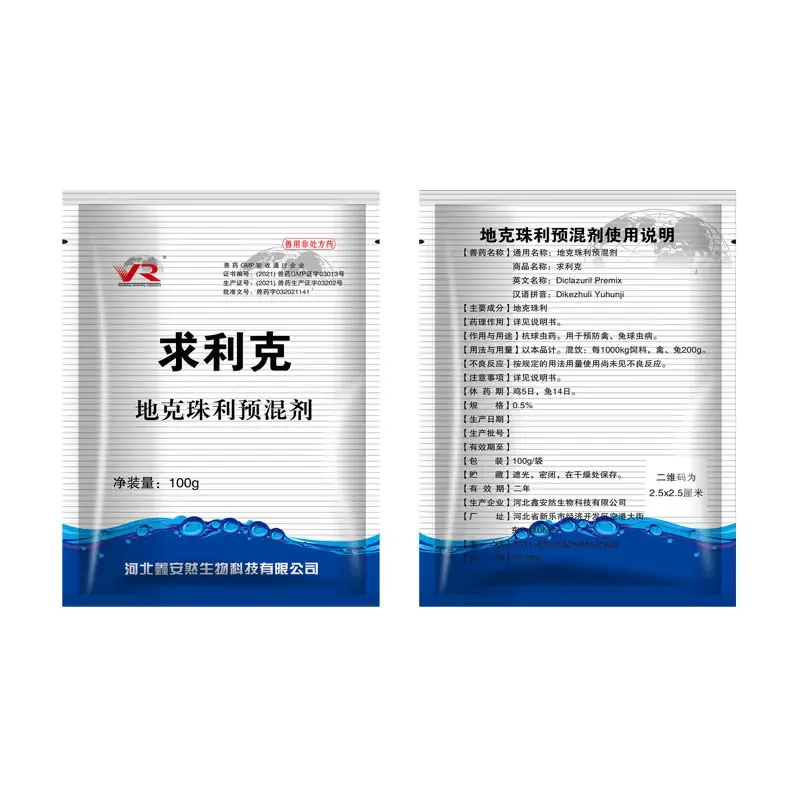- Afrikaans
- Albanian
- Amharic
- Arabic
- Armenian
- Azerbaijani
- Basque
- Belarusian
- Bengali
- Bosnian
- Bulgarian
- Catalan
- Cebuano
- Corsican
- Croatian
- Czech
- Danish
- Dutch
- English
- Esperanto
- Estonian
- Finnish
- French
- Frisian
- Galician
- Georgian
- German
- Greek
- Gujarati
- Haitian Creole
- hausa
- hawaiian
- Hebrew
- Hindi
- Miao
- Hungarian
- Icelandic
- igbo
- Indonesian
- irish
- Italian
- Japanese
- Javanese
- Kannada
- kazakh
- Khmer
- Rwandese
- Korean
- Kurdish
- Kyrgyz
- Lao
- Latin
- Latvian
- Lithuanian
- Luxembourgish
- Macedonian
- Malgashi
- Malay
- Malayalam
- Maltese
- Maori
- Marathi
- Mongolian
- Myanmar
- Nepali
- Norwegian
- Norwegian
- Occitan
- Pashto
- Persian
- Polish
- Portuguese
- Punjabi
- Romanian
- Russian
- Samoan
- Scottish Gaelic
- Serbian
- Sesotho
- Shona
- Sindhi
- Sinhala
- Slovak
- Slovenian
- Somali
- Spanish
- Sundanese
- Swahili
- Swedish
- Tagalog
- Tajik
- Tamil
- Tatar
- Telugu
- Thai
- Turkish
- Turkmen
- Ukrainian
- Urdu
- Uighur
- Uzbek
- Vietnamese
- Welsh
- Bantu
- Yiddish
- Yoruba
- Zulu
12 月 . 03, 2024 17:55 Back to list
lincomycin hcl
Lincomycin HCl An Overview
Lincomycin hydrochloride, commonly referred to as lincomycin HCl, is an antibiotic that falls under the class of lincosamides. It is primarily used for the treatment of various infections caused by anaerobic bacteria and certain types of Gram-positive bacteria. The development of lincomycin dates back to the late 1960s when it was extracted from the fermentation process of the soil bacterium *Streptomyces lincolnensis*. This antibiotic has garnered attention for its unique mechanism of action and extensive clinical applications.
Mechanism of Action
Lincomycin works by inhibiting bacterial protein synthesis. Specifically, it binds to the 50S subunit of the bacterial ribosome, blocking the translocation step and preventing the growth and multiplication of bacteria. This mechanism makes lincomycin effective against a wide range of anaerobic infections and certain aerobic strains, including some that are resistant to penicillin. Due to its efficacy, lincomycin is often reserved for cases where patients exhibit an allergy or resistance to first-line antibiotics such as penicillins.
Clinical Applications
Lincomycin HCl is commonly prescribed for infections of the skin and soft tissues, respiratory tract infections, and bone and joint infections, among others. It is especially effective against organisms such as *Staphylococcus aureus*, *Streptococcus pyogenes*, and *Clostridium perfringens*. In addition to treating infections, lincomycin has potential applications in managing certain conditions like bacterial endocarditis and osteomyelitis.
In veterinary medicine, lincomycin is also used to treat infections in animals, particularly in swine and poultry. It helps to control disease outbreaks, thereby improving the overall health and productivity of livestock.
lincomycin hcl

Dosage and Administration
Lincomycin HCl is usually administered orally or intravenously, depending on the severity of the infection. The exact dosage varies based on the individual's age, weight, and the nature of the infection being treated. Healthcare providers must carefully consider these factors to minimize the risk of adverse effects and ensure effective treatment. While generally well-tolerated, lincomycin can cause side effects such as gastrointestinal upset, including nausea, vomiting, and diarrhea.
Resistance and Caution
As with many antibiotics, the emergence of bacterial resistance is a significant concern with lincomycin. Overuse and misuse of antibiotics can lead to the development of resistant strains, rendering treatments less effective. Therefore, healthcare providers are encouraged to prescribe lincomycin only when absolutely necessary and to educate patients on the importance of completing their prescribed course.
Particular caution should also be exercised when administering lincomycin to individuals with a history of intestinal diseases, particularly colitis or inflammatory bowel disease, as it can precipitate serious gastrointestinal complications like Clostridium difficile infection.
Conclusion
Lincomycin hydrochloride remains an important antibiotic in the medical field, particularly for treating infections caused by resistant strains of bacteria. Its unique mechanism of action and effective clinical applications make it a valuable tool for healthcare providers. However, awareness of the potential for resistance and side effects is essential for its responsible use. As research continues to evolve, understanding the role of lincomycin in modern medicine will be crucial for effective infection management and patient care.
-
The Power of Radix Isatidis Extract for Your Health and Wellness
NewsOct.29,2024
-
Neomycin Sulfate Soluble Powder: A Versatile Solution for Pet Health
NewsOct.29,2024
-
Lincomycin Hydrochloride Soluble Powder – The Essential Solution
NewsOct.29,2024
-
Garamycin Gentamicin Sulfate for Effective Infection Control
NewsOct.29,2024
-
Doxycycline Hyclate Soluble Powder: Your Antibiotic Needs
NewsOct.29,2024
-
Tilmicosin Premix: The Ultimate Solution for Poultry Health
NewsOct.29,2024













